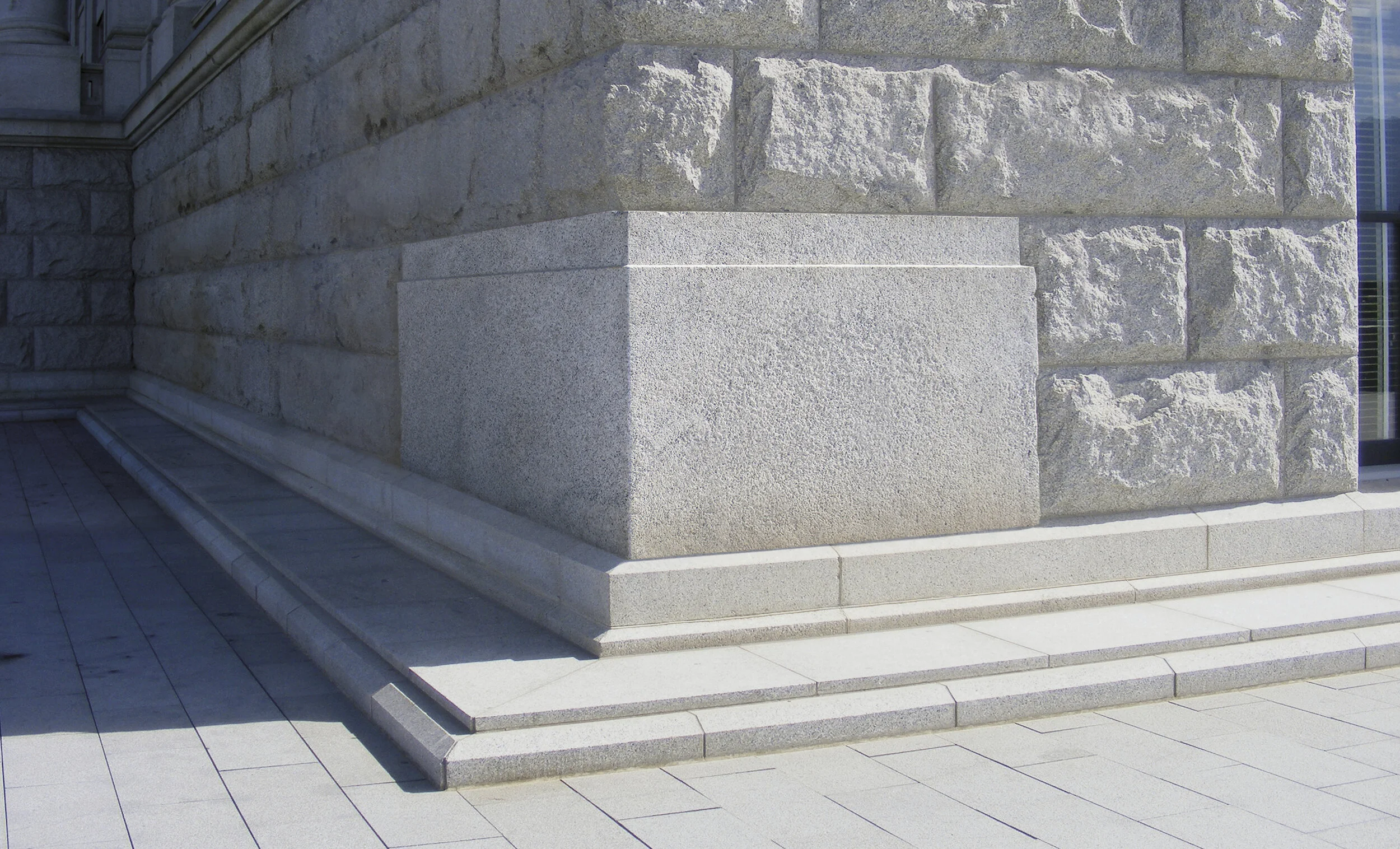I love food. To the detriment of my hips, my favorite foods are those which are the easiest to prepare, tastiest to my tongue, and most instantly effectual to my stress relief. The downside to this indulgence is that the consumption of my favorite foods quickly leads to gastric depression, guilt, and self-loathing. My stomach and my self-approval fare much better when I take the time to prepare and devour the healthy stuff.
God uses food imagery to help us understand a similar spiritual principle. Time and again in scripture we hear God talking about “tasting” him and his Word. Psalm 34:8: “Taste and see that the Lord is good.” Hebrews 6:4-5: “For in the case of those who have been enlightened and have tasted of the heavenly gift and have been made partakers of the Holy Spirit, and have tasted the good Word of God…” Psalm 119:103: “How sweet are your words to my taste! Yes, sweeter than honey to my mouth!”
1 Peter 2: 1-3 continues the trend. God starts with pointing out the junk food: malice, deceit, hypocrisy, envy, slander. Boy, they taste good going down. They are quick, easy, and momentarily effectual to stress relief. But they quickly lead to guilt and self-loathing, if you are a Spirit-filled child of God.
Just as junk food bloats your stomach, widens your hips, and sickens your body, negative, sinful thought processes and speech swell your head, fatten your ego, and sicken your soul. God admonishes us to crave spiritual milk. That is, his Word.
Devouring God’s Word is not quick and easy. It takes time, discipline, and intention. But regularly tasting the Lord yields in us the strengthening and nourishment of our souls.
Reflect
In addition to food imagery, God used the symbolism of a cornerstone to describe Jesus (Isaiah 28:16, I Peter 2:6). A cornerstone forms the base of a corner of a building, joining two walls. God foretold that Jews and Gentiles would be joined through Christ to form the church.
God also called Christ a “stumbling block” to those who try to build their house without this all important piece of masonry (Isaiah 8:14, 1 Peter 2:8).
Charles Spurgeon wrote in his commentary on 1 Peter 2, “When Peter wrote these verses, he must have thought of his own name. He was called a stone or a rock; and once he was to his Master “a rock of offence” when he stumbled at Christ’s word and began even to rebuke his Lord…”
Use a dictionary and thesaurus to write a definition and as many synonyms you can find for cornerstone. Record a reflection on their relevance to Christ.
Though Peter was writing to people who were, through persecution, dispersed throughout the world, in 1 Peter 2:9-10 he reminds them that they are no longer separate according to their nationality. They are now, in Christ, one people under God.
Matthew Henry said, “All true Christians are a chosen generation; they make one family, a people distinct from the world; of another spirit, principle, and practice; which they could never be, if they were not chosen in Christ to be such, and sanctified by his Spirit.”
Charles Spurgeon called Christians “a peculiar people, belonging to God alone, marked off from the rest of mankind as peculiarly his.”
Carefully read 1 Peter 2:9-10. Let the words saturate your heart and mind: Chosen, Race, Royal, Priesthood, Holy, Nation, People, Possession. Can we ever feel condemned again?
What do these verses say will be the result of our claiming these stunning truths?
Our culture has a growing disdain for Christians. And who can blame it? TV evangelists fall from grace, so-called “churches” protest funerals of fallen soldiers in the name of Christ, and media routinely misrepresents the true people of God.
Woody Allen wrote, “If Jesus came back and saw what was being done in his name, he’d never stop throwing up.” From Bono, “Christians are hard to tolerate; I don’t know how Jesus does it.” And from G.K. Chesterton, “The Christian ideal has not been tried and found wanting. It has been found difficult; and left untried.”
Followers of Christ must strive not to contribute to the accuracy of these statements. Augustine of Hippo said, “A Christian should be an Alleluia from head to foot.”
May our supplication to God be like this Puritan prayer: “May I confide in his power and love, commit my soul to him without reserve, bear his image, observe his laws, pursue his service, and be through time and eternity a monument to the efficacy of his grace, a trophy of his victory.”
Read 1 Peter 2:11-12. Remember, a follower of Jesus Christ is a Royal Priest, a Citizen of a Holy Nation, a Representative of the Chosen Race, and an Ambassador to Christ (2 Corinthians 5:20).
Now read Hebrews 11:6. What is the core issue behind not living out what Christ commands in our lives?
Write some ways that you can be a “monument to the efficacy” of Christ’s grace.
Christians must understand that the elevated status we receive when we believe is meant to humble us, not to puff us up. 1 Peter 2:19 reminds us, “For this is a gracious thing, when mindful of God, one endures sorrows while suffering unjustly.”
Followers of Jesus Christ are called to suffer for the spreading of the gospel. We, like Christ, are to be suffering servants for the sake of others.
Read John 17 and 1 Peter 2:21-25. How might these verses help us to live up to the high and difficult calling of following Jesus?
Pray
Dear Father, thank you that you have chosen us to be part of your Holy Nation. Thank you also for admonishing us to wear our citizenship with humility, grace, and love. Give us hearts that are bent toward you, and a spirit that is strong enough not to stumble over the cornerstone, yet meek enough to endure suffering like you did. Amen.
